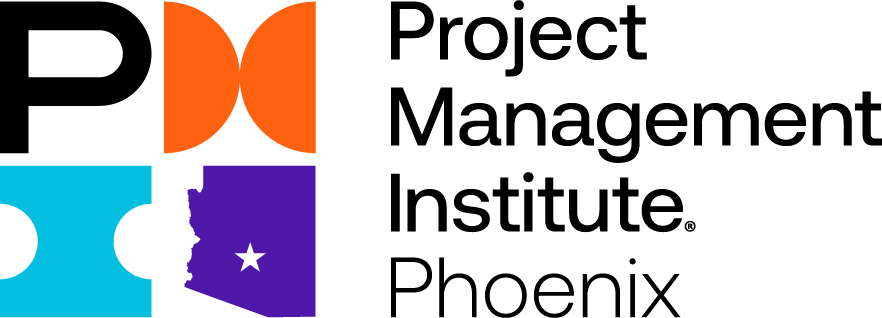Aaron started his journey to become a project manager from a developer path and feels strongly that his technical skills, along with learning the project management skillset led to his nickname, “the fixer.” His colleagues would describe him as the person to call for help.
Non-technical pms were causing a lot of noise amongst the development team and he came to the realization that it is hard to figure out technical problems while managing a project. “I got to a crossroads, it is very difficult to have a dual role, software developer and project manager. I did not want to water down both professions, so I chose project management. Fast-forward, my department saw the value of approaching problems from a technical perspective and I received more complex projects and the roadblocks led me to a formal PMP.” Aaron expressed he would have been perfectly okay not taking the PMP and happy where he was at, but the study groups opened his eyes to the new tools in my toolbox and allowed me to be more preventative.
“The Chandler study group instructors who I most admired were, John Robertson, who used his knowledge on how to study and then Tom Wilp, an expert on the risk management process opened my eyes to be more proactive to consider risks so you have multiple options and plans you can put in place.” “I liked that I was in a classroom sharing styles and sharing of industries and was impressed that you could have the answers before a problem surfaced by using the risk management process so I could think of these things beforehand.”
Aaron Jang is happy to share his project management tips and is approached often with questions for but if they really knew what I was most proficient in they would ask me for cooking tips!
To learn more on how to successfully integrate ERP systems, you need to explore project management from the perspective of Dev Ops and what it takes for project results, a current trend in corporate information technology.
“Skills required for executing DevOps projects require you to be all in one, in technology and show good communication skills, leadership skills, collaboration skills and lead the team and also be a team player. However, the most important skill areas are dedication, interest, and passion,” Star Agile.
CHARLES SEYBOLD agrees that the days of the siloed project manager and “skilled” development team are becoming a thing of the past, thanks to the increasing complexity of dev projects. That said, project management doesn’t happen magically, and it would be foolish to assume that just because someone is a skilled developer, they know how to manage a project. The most critical skills needed for this type of project are:
- Estimation and Scheduling, the estimation of a completion date triggers many other teams to perform their functions across the company and you need to sequence the work in the correct developmental order. A work breakdown schedule is essential
- Critical Communication, as a team, it’s essential to keep the lines of communication open for project updates. This includes having strong interpersonal skills, namely the ability to maintain clear team communication across the technical development and collaboration; complete document reviews and have succinct interactions about project deliverables and expectations. Ensure document sharing with searchable capability so team updates are enabled, and so there are no excuses for missed or mixed messages.
- Problem-Solving of issues still need to treat problem-solving as a skill that should be continuously strengthened so they can be dealt with efficiently before a situation spirals.
- Risk Management is another key to being proactive with agreed upon options that can mitigate the issue if an event occurs. It allows for the most realistic planning possible, requiring each team member to take accountability for precise timelines for their piece of the project. These timelines then roll up to the greater project plan and provide a more accurate estimation of completion date and potential pitfalls.

